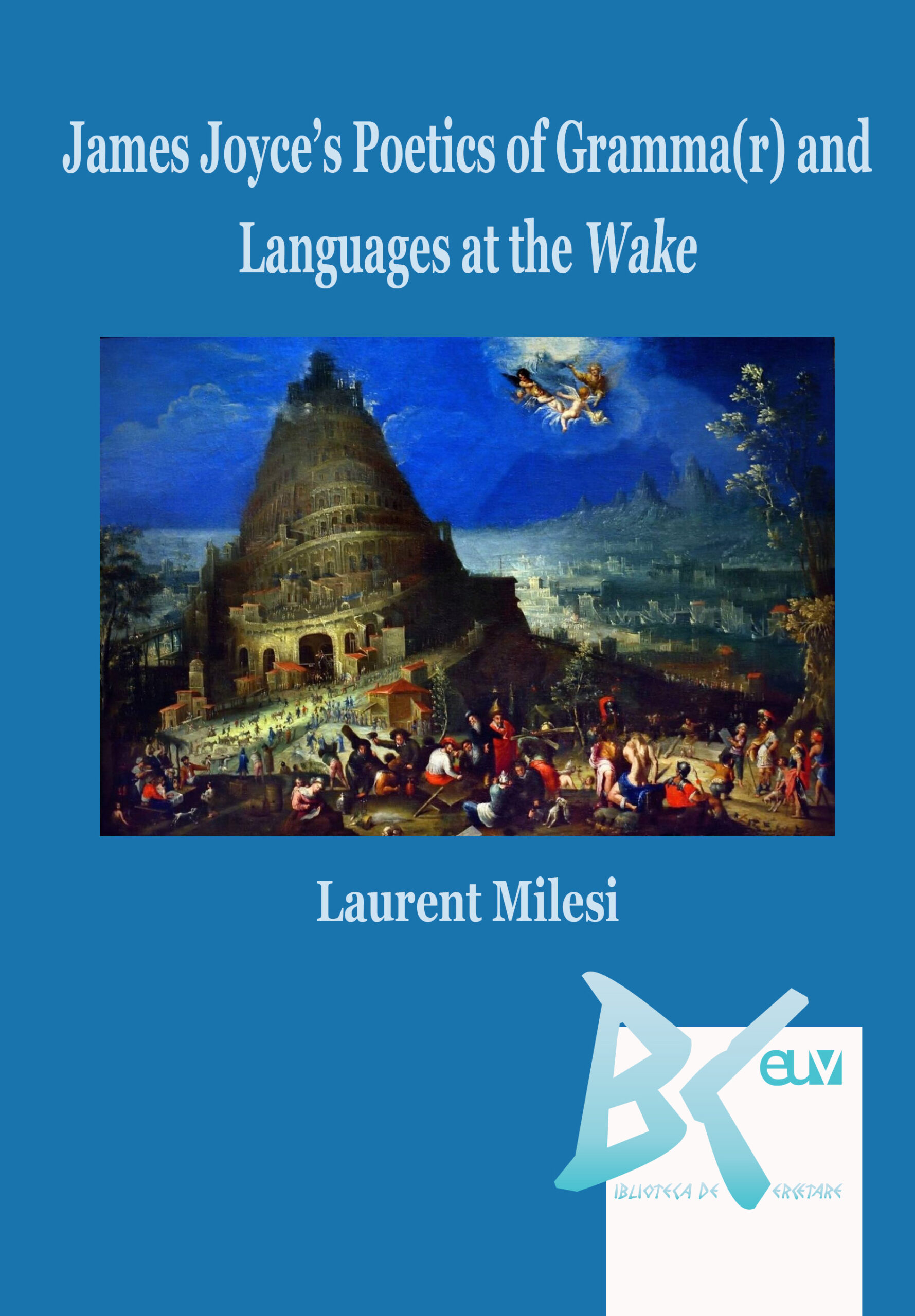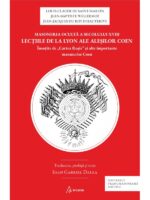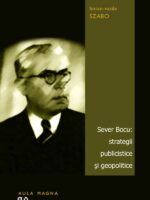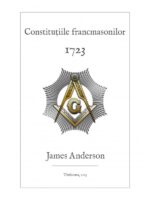James Joyce s Poetics of Gramma(r) and Languages at the Wake
133,19 lei
Stoc epuizat
PREZENTARE CARTE
‘Mutlilingualism is the most notable feature of Finnegans Wake and, arguably, the most important dimension of James Joyce’s ultimate masterpiece. Many articles and book-length studies have been written about different aspects of this question, but none of these managed to provide a coherent understanding of the phenomenon as a whole. Laurent Milesi’s extraordinary linguistic abilities, his thorough knowledge of Joyce’s manuscripts and his profound understanding of literary theory have given him a unique vision of the thematic and theoretical unity of subject. His book is now the indispensable reference on the matter.’
Daniel Ferrer, Item-CNRS/ENS-PSL
‘This is a truly magisterial and important work about Joyce’s Finnegans Wake which will be indispensable for Joycean scholarship. In this study of the evolution of Joyce’s multi-linguistic poetics, Laurent Milesi clearly shows how Finnegans Wake came to be at both the micro- and macro-levels of signification. On this Milesi nimbly weaves together a wide-ranging knowledge of multiple languages with an in-depth knowledge of the tens of thousands of pages of Joyce’s manuscripts and notes for Finnegans Wake. Considering the range and depth of the material that is covered and the philosophical sophistication of Milesi’s linguistic insights, this book is a model of clear, reasoned exposition.’
Sam Slote, Trinity College Dublin
DESPRE AUTOR
Laurent Milesi is Tenured Professor of English at Shanghai Jiao Tong University and former director of the Centre for Critical and Cultural Theory at Cardiff University. His edited volume James Joyce and the Difference of Language was published by Cambridge University Press in 2003.
| Autor | |
|---|---|
| Colectie | |
| Data publicarii | 2023 |
| Dimensiuni | 16 x 23 cm |
| Editura | |
| ISBN | 978-630-327-040-1 |
| Limba | Engleza |
| Nr. pagini | 460 |
| Tip coperta | Brosata |
Customer Reviews
There are no reviews yet.














Be the first to review “James Joyce s Poetics of Gramma(r) and Languages at the Wake”